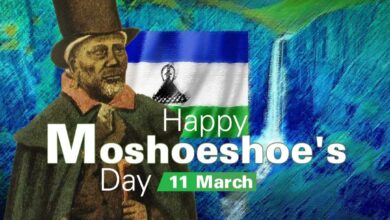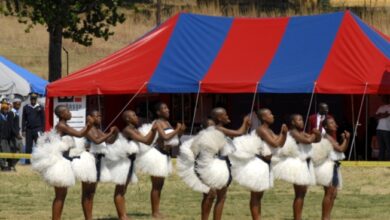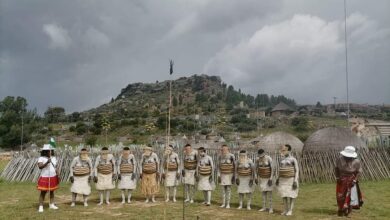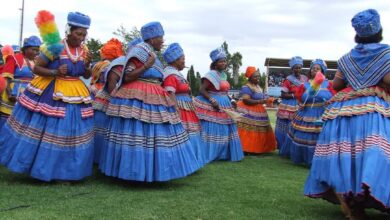Events
20 Things You Should Know About Lesotho Independence Day

Lesotho Independence Day, celebrated annually on October 4, marks a significant moment in the nation’s history as it commemorates the country’s liberation from British colonial rule. Here are 20 important facts you should know about this national holiday:
- Historical Background: Lesotho gained independence from Britain on October 4, 1966, after being a British protectorate since 1868.
- National Significance: Independence Day is one of the most important national holidays in Lesotho, reflecting the country’s pride in its sovereignty and cultural identity.
- Cultural Celebrations: The day is celebrated with various cultural activities, including traditional music, dance, and performances showcasing Basotho heritage.
- Official Ceremonies: The day often begins with official ceremonies, including flag-raising events and speeches by government officials, highlighting the importance of independence.
- Military Parades: A notable feature of the celebrations is the military parade, showcasing the armed forces and their role in protecting the nation.
- Community Participation: Citizens actively participate in celebrations, with events organized in towns and villages across the country, fostering a sense of unity and national pride.
- Traditional Attire: Many Basotho people wear traditional attire, such as the “Seanamarena” (a distinctive blanket), symbolizing their cultural identity.
- Public Holidays: Independence Day is a public holiday in Lesotho, meaning schools, businesses, and government offices are closed to allow people to celebrate.
- Social Gatherings: Families and communities come together to celebrate, often hosting feasts that include traditional dishes and local delicacies.
- Educational Focus: The day serves as an opportunity for educational initiatives, where discussions about the country’s history, achievements, and future aspirations take place.
- International Observance: While primarily a local celebration, Lesotho Independence Day is recognized internationally, with various embassies and diplomatic missions hosting events.
- Youth Engagement: The day includes activities aimed at engaging the youth, encouraging them to learn about their country’s history and take pride in their national identity.
- Art and Culture Exhibitions: Art exhibitions and cultural showcases are often held, featuring local artists and artisans to promote Basotho creativity and craftsmanship.
- National Anthem: The national anthem is sung at various events, instilling a sense of patriotism and pride among attendees.
- Legacy of Leaders: The day honors the contributions of national leaders and figures who fought for independence and the rights of Basotho people.
- Economic Impact: Independence Day celebrations also have economic implications, with local businesses benefiting from increased sales of food, clothing, and merchandise related to the festivities.
- Historical Reflection: It is a day of reflection on the struggles and sacrifices made for independence, reminding citizens of their journey toward freedom.
- Civic Responsibility: The holiday promotes civic awareness and responsibility, encouraging citizens to participate actively in the democratic process.
- Tourism Opportunities: Independence Day can attract tourists interested in experiencing the rich culture and history of Lesotho during the festivities.
- Future Aspirations: The celebrations often emphasize the importance of unity and collective efforts in addressing current challenges and building a prosperous future for Lesotho.
Lesotho Independence Day is more than just a public holiday; it is a celebration of freedom, culture, and the enduring spirit of the Basotho people. As the nation commemorates its journey toward independence, it also looks forward to a future filled with hope and opportunity.
Join 'Lesotho News' WhatsApp Channel
Get breaking Lesotho news — delivered directly to your WhatsApp.
CLICK HERE TO JOIN



